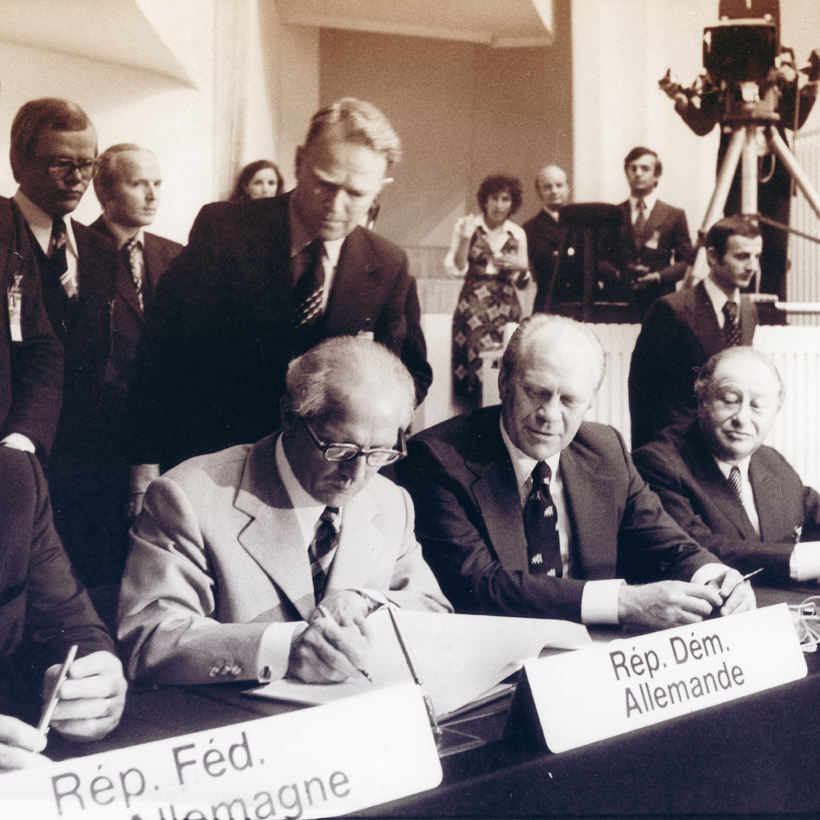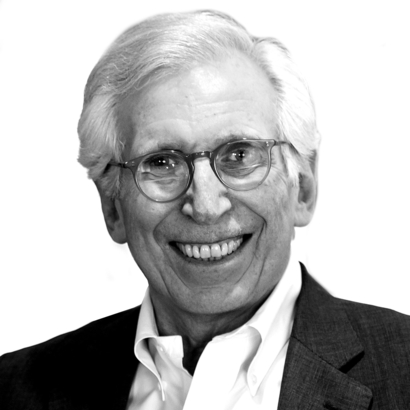If, on January 1, 2022, had there been predictions that the Financial Times’s and Time magazine’s “Person of the Year” would be a 43-year-old Jewish comedian from Ukraine, who would have believed it?
One year into Vladimir Putin’s invasion of Ukraine, Volodymyr Zelensky has become a global hero. Ukrainians are hailed for their courage and sense of nationhood. A half-century ago, most people abroad and many of those living in Ukraine called the residents there “Russians” living in just another province of the Union of Soviet Socialist Republics.


